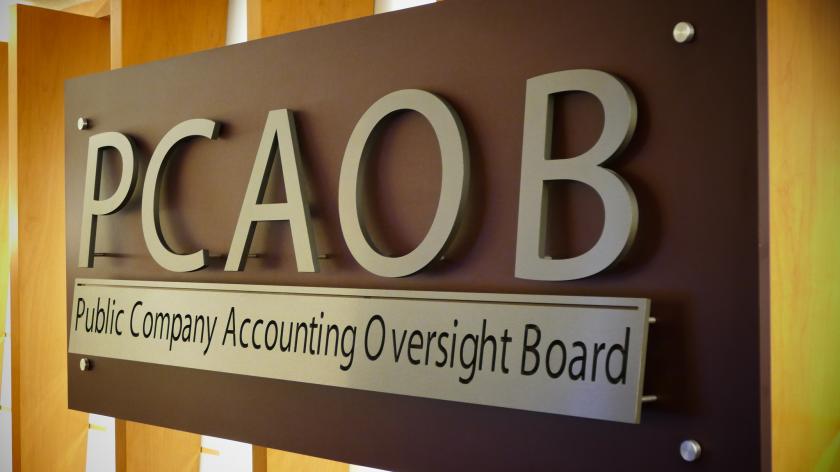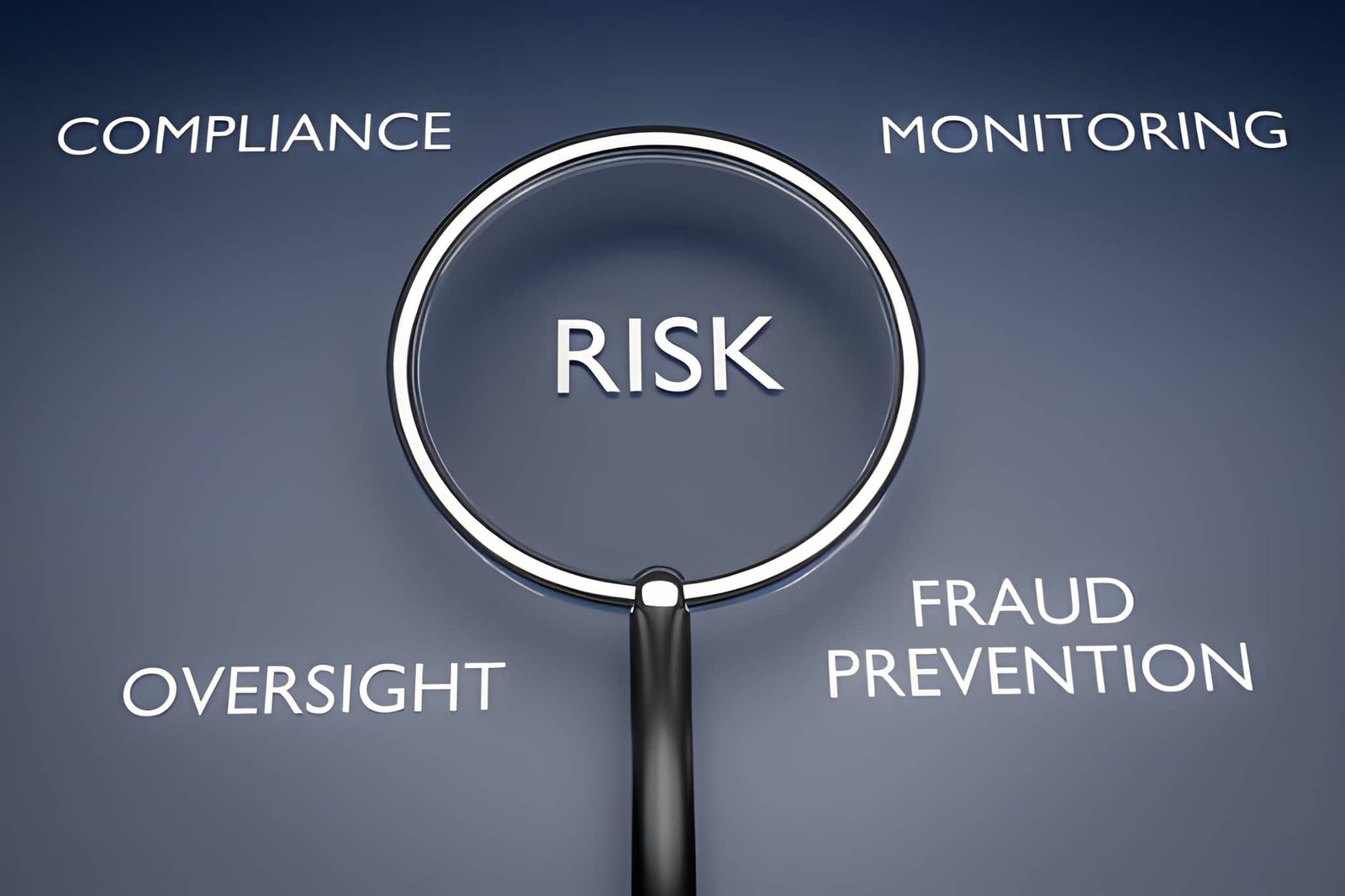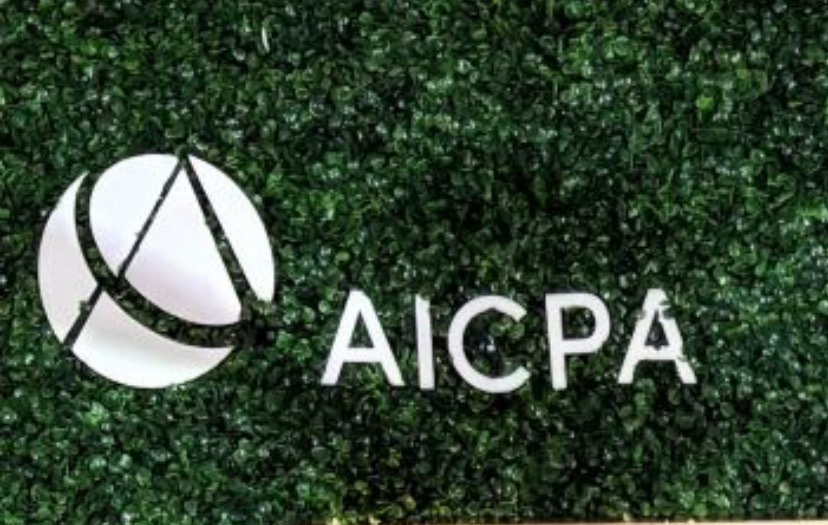The Public Company Accounting Oversight Board (PCAOB) gave out the largest civil money penalty against an individual in its nearly 20-year history, according to a settlement announced on Tuesday.

Jonathan Taylor, CPA, an audit partner at New York-based firm Spielman Koenigsberg & Parker LLP (SKP), agreed to pay a record $150,000 fine for misleading PCAOB inspectors and investigators during two inspections and an investigation that followed. He also agreed to be censured and permanently barred from association with a PCAOB-registered accounting firm.
SKP was separately fined $150,000, according to the settlement, and had its PCAOB registration revoked and was censured for failing to establish and implement adequate quality control policies and procedures for audits of public companies.
“The board will take action to protect investors from bad actors and impose consequences on those who put the integrity of our capital markets at risk,” PCAOB Chair Erica Williams said in a written statement.
The previous holder of this dubious record was Scott Marcello, former vice chair of audit at KPMG, who was fined $100,000 by the PCAOB last April for “supervisory failures”—a new PCAOB discipline category—for being in charge of KPMG’s audit practice while partners and other executives were working with PCAOB insiders to illegally receive advanced notice of the PCAOB’s inspection plans for KPMG audits in 2016 and 2017.
Marcello was not named in the criminal indictment nor faced any discipline from the Securities and Exchange Commission or federal authorities, unlike five of his co-workers at KPMG who were indicted and eventually disciplined by the SEC. Marcello and those indicted—David Middendorf, Thomas Whittle, David Britt, Brian Sweet, and Cynthia Holder—were all fired from KPMG on April 11, 2017. Jeffrey Wada, a PCAOB inspector who was the source of the illegal information for KPMG, was also indicted.
According to today’s settlement, Taylor added or modified approximately 80 audit workpapers before providing the improperly altered documentation to PCAOB inspectors for a 2021 inspection. He also told inspectors in two PCAOB inspections that engagement quality reviews of certain audits had been performed, as required, when he knew that was untrue.
In the PCAOB’s subsequent investigation, Taylor repeatedly provided the regulator’s investigators with false and misleading information, including altered workpapers, misrepresentations concerning engagement quality reviews, and false certifications concerning whether he had provided all relevant documents in the investigation.
From 2018 to 2021, SKP failed to comply with PCAOB quality control standards, including with respect to audit documentation. Among other failures, SKP’s system of quality control failed to prevent or detect Taylor’s improper alteration of workpapers in connection with a PCAOB inspection. SKP also failed to obtain engagement quality reviews of issuer audits for multiple years and to timely or accurately file with the PCAOB required annual reports and audit participant reports. Taylor directly and substantially contributed to those violations, the PCAOB said.
SKP has a right to reapply for registration after five years, provided that the firm adopts policies and conducts training related to audits of issuers before filing any future registration application.
“The quality control systems at audit firms are fundamental to audit quality and regulatory compliance,” said Mark A. Adler, acting director of the PCAOB Division of Enforcement and Investigation. “Registered firms must take care to establish and implement policies and procedures directed to meaningful monitoring and robust compliance with regulatory requirements.”
Strengthening enforcement is one of the four key goals that the board has identified in its draft strategic plan. So far in 2022 the PCAOB has increased average penalties, pursued enforcement actions involving certain types of violations for the first time, and taken steps to proactively seek out auditor malfeasance by increasing the use of sweeps against firms where there may be a violation of PCAOB standards or rules.
Thanks for reading CPA Practice Advisor!
Subscribe Already registered? Log In
Need more information? Read the FAQs




